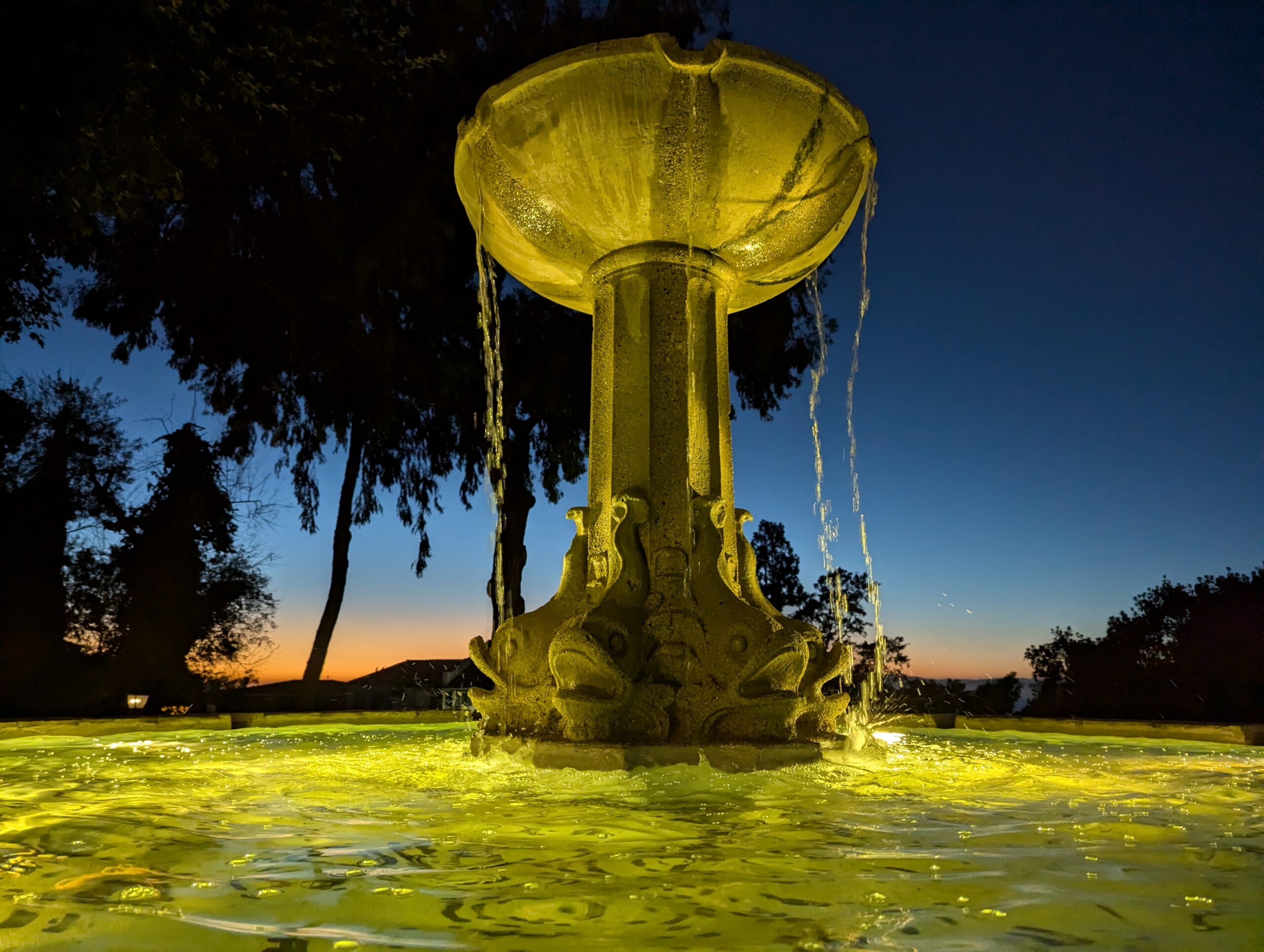
I was having a conversation with dear friends over game night last week, and one asked if I would advise my kids to pursue careers in medicine.
I ended up coming up with a laundry list of all the reasons that practicing medicine is difficult right now, but I acknowledged that although it has diminished with the weirdly adversarial position practice during COVID put many of us in, society on the whole holds physicians in high esteem.
Here's the thing: the imagined role of the physician in society (Marcus Welby, E.R., Gray's Anatomy, House) takes the fascinating and compassion-filled 10% and portrays it as if it were the 99% of practice.
I remember an article by Dr. Corey Slovis, then the chair of Emergency Medicine at Vanderbilt, critiquing the Oral Board Exam cases he administered. The cases he saw in the ED mostly had answers like, "I'm not sure what's causing your pain, here's a handful of Vicodin, come back if it continues." Not so for the Boards.
The TV shows never dedicate air time to submitting authorization requests (a different one for every medical group or health plan, naturally), the Risk Adjustment Factor scoring, the Hierarchical Condition Category coding and the staying after clinic to finish notes and empty the inbox. Nobody gets spit on or decked by a patient high on meth.
To the contrary, between emergent codes everyone is young, nubile, and sleeping with everyone else.
Despite the shortcomings of medicine, doctors remain worthy of the high esteem they receive in society relative to lawyers and MBAs. Or if your glass is half empty (with apologies to Churchill) medicine is the worst profession, except for all the others.
When I reflect on my proudest moment in medicine, it's not from my two decades spent in the ED (although there were certainly many moments where my colleagues and I made a difference).
I was in Ethiopia on one of the longer stretches that totaled ~6 months over a 2 year period. In partnership with the regional Minister of Health for Tigray Province (who would go on to become the Director General of the World Health Organization!) I was conducting research on the the rural health clinics dispersed throughout the area and offering training sessions in emergency care for public health providers.
One day, during the abundant down time, I was wandering the street in front of my hotel and noticed an elevated terrace cafe with a painted mural in a nearby building.
A few days later I found my way up to the terrace and ordered a macchiato. I struck up a conversation with the owner of the cafe, Gabe (Ghebremedhin).
He and his wife had just retired to Tigray province in Ethiopia after 3 decades of working in the US, and were using the significant purchasing power arbitrage of their nest egg in dollars to both run the cafe and fund an orphanage.
Gabe and I met again on the same terrace a few days later, and he told me about how he'd spent the prior day visiting patients in the local public hospital. He was particularly heartbroken over a young woman who had been a resident of the hospital for nearly 6 months.
She was from a rural village where she had been following the custom of cooking with an indoor open fire when the structure itself caught fire. She now had severe burns over a third of her body, and the local public hospital had no burn treatment capacity, so she had simply become a long-term patient because of her significant care needs.
I recalled meeting a Norwegian Missionary surgeon, Einar Eriksen, on a prior trip. He worked at (what remains to this day) the only burn center in Ethiopia at Yekatit 12 Hospital in Addis Ababa.
I reached out to Einar via email and connected him with Gabe. Within a couple of weeks, Gabe arranged for her transport to Addis, where Einar was ready to accept her as a patient for skin grafts.
The patient whose trajectory I am proudest of altering is the one I had no clinical involvement with.
